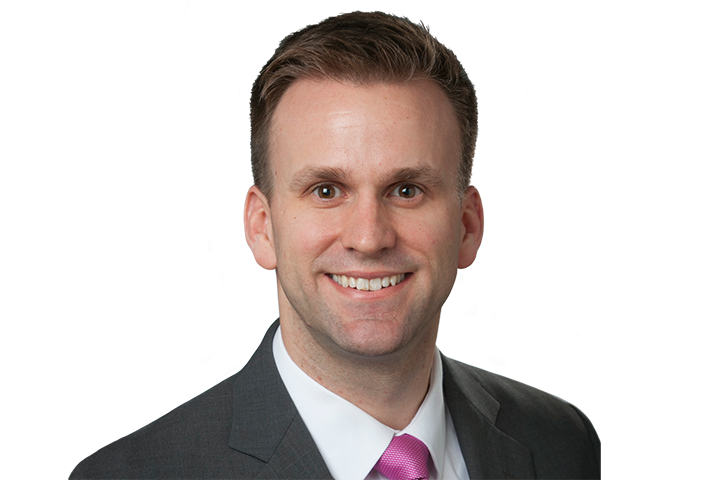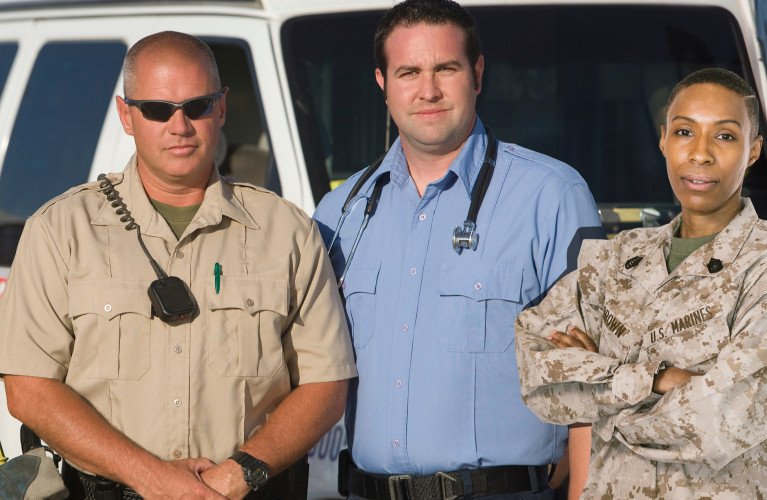
Serving those who serve
HopeWay provides specialized treatment for Veterans & First Responders living with PTSD and related mental health conditions. Our goal is to provide our nation’s heroes with the support and treatment they need to live healthy and fulfilling lives.
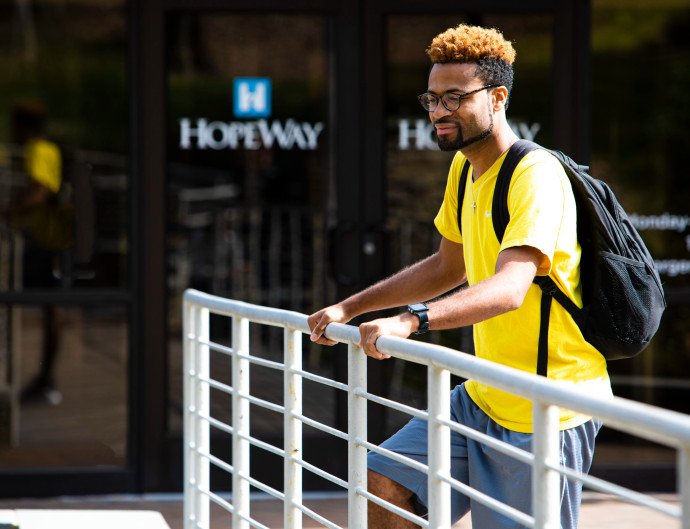
About Our Veteran & First Responder Mental Health Services
HopeWay offers evidence-based treatment for Veterans & First Responders struggling with a variety of mental health conditions through individual psychiatric and therapeutic care, group therapy and integrative therapies. We have Residential (24/7), Partial Hospitalization (5 days per week) and Intensive Outpatient (3 days per week) programs available depending on the individual’s needs. Our specialized expertise is proven to help Veterans & First Responders find the hope and healing they deserve.
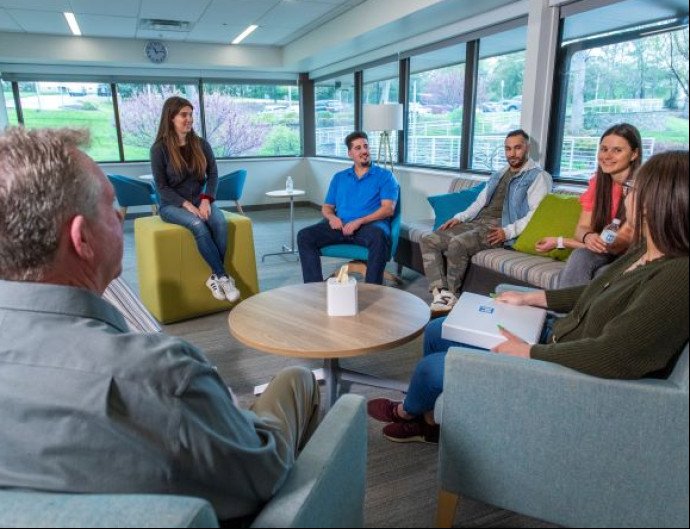
What We Offer:
Residential Program – 24/7 care, private bedrooms & bathrooms, individual weekly sessions with a psychiatrist and therapist specializing in Veteran/First Responder mental health, group therapy mixed with civilians, integrative therapies, break-out psychotherapy groups specific for Veteran/ First Responder clients.
Partial Hospitalization Program – Monday – Friday 9:00 – 4:00, individual weekly sessions with a psychiatrist and therapist specializing in Veteran/First Responder mental health, group therapy mixed with civilians and integrative therapies. Clients can live at home during treatment or in our on-site house.
Intensive Outpatient Program – Monday, Wednesday, Thursday 9:00 – 12:00. This program consists of group therapy and is designed only for Veterans & First Responders. Groups focus on trauma recovery and include Cognitive Processing Therapy, EMDR and integrative therapies.

Evidence-Based Treatment Includes:
- Intensive Treatment Services
- Flexible Time Commitment (2 to 6 week program)
- Individual & Group Therapy (multiple times per week)
- Medication Management
- Integrative Therapies
- Outdoor & Recreation Activities
- Therapeutic Weekend Outings
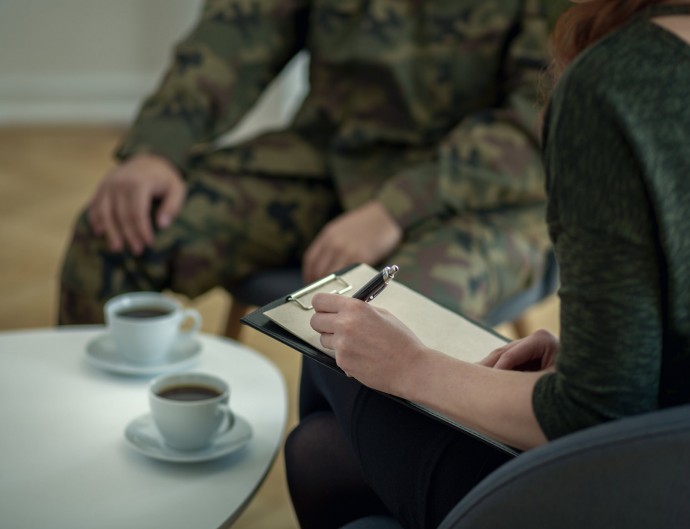
Therapeutic Modalities:
- Cognitive Processing Therapy
- Prolonged Exposure Therapy
- Eye Movement Desensitization & Reprocessing Therapy (EMDR)
- Cognitive Behavioral Therapy
- Dialectical Behavioral Therapy
- Psychodynamic Psychotherapy
- Supportive Psychotherapy

Insurance Information:
VA Community Care Provider and currently in-network with:
- Aetna
- Blue Cross and Blue Shield of North Carolina (and its affiliates)
- Carolina Behavioral Health Alliance
- Cigna Behavioral Health
- Magellan
- MedCost
- United Behavioral Health
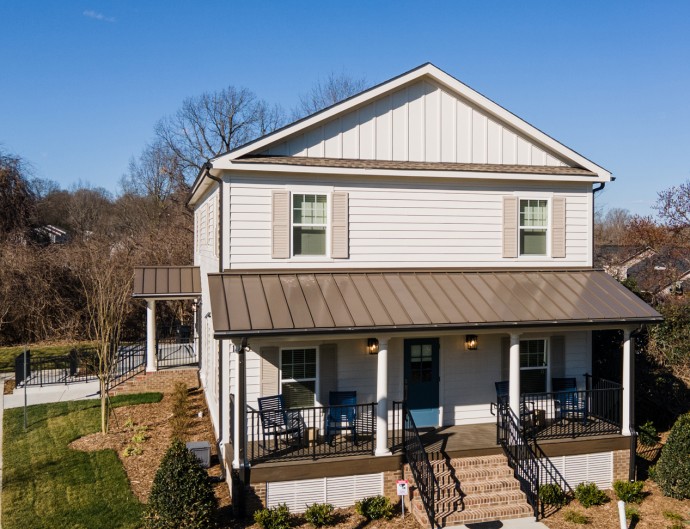
Housing Available, if needed
- 6 bedroom / 6 bath house on campus
- Partnership with a local hotel
- Local Veterans & First Responders can sleep at home
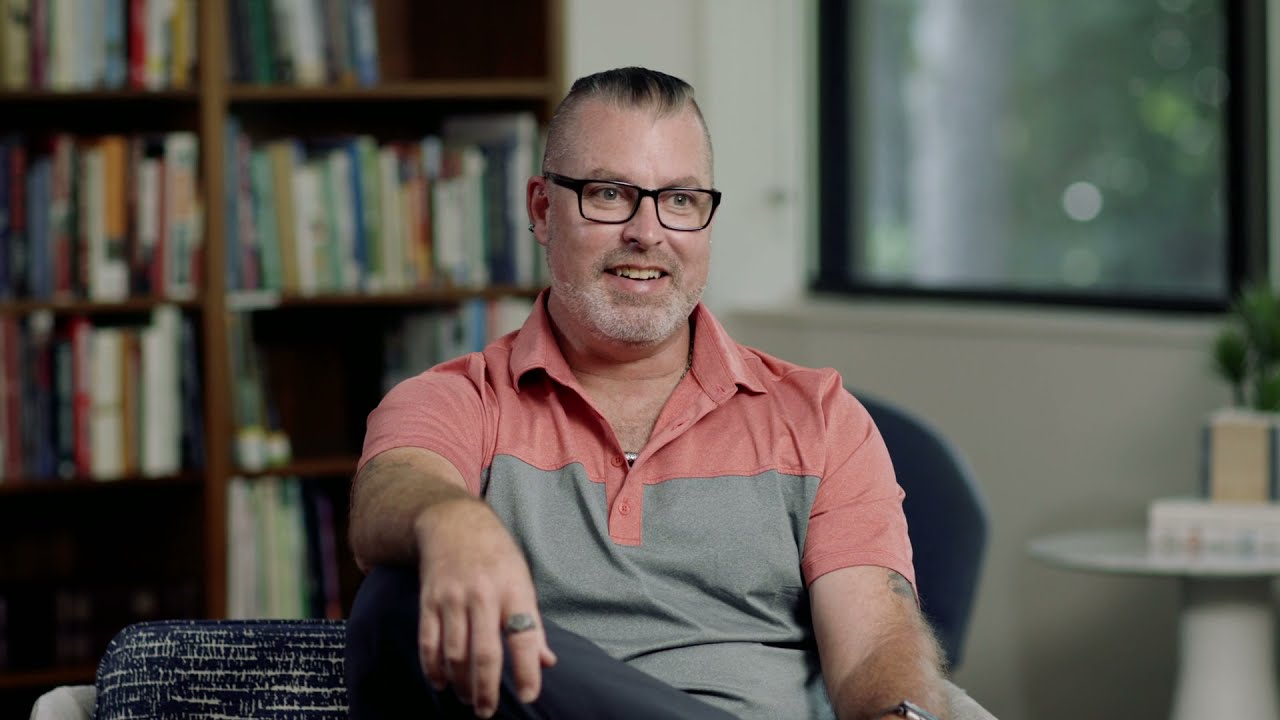
Inquiry Form
"Overall, the greatest lesson learned while I was at HopeWay was that I was equipped with the knowledge and tools to be an active participant in my own recovery. I gained a new perspective on my diagnoses and the fact that they do not define me. Mostly, I learned that, in spite of trauma and my mental health challenges, I can and deserve to be happy." Jim, former Veteran client
Frequently Asked Questions
1. How much does treatment cost for the Veteran or First Responder?
For Veterans using the VA Community Care program, VA benefits cover the cost of treatment. For Veterans & First Responders using private insurance, the cost is dependent on each individual insurance plan. Some clients need to or choose to pay out of pocket. Clients who are paying out of pocket are encouraged to apply for financial assistance, and eligibility is determined through an application process.
2. How does the VA Community Care Provider process work?
The MISSION Act allows Veterans to request to be seen by a community provider outside of the VA. There are six criteria that can qualify a Veteran to receive community care. Veterans only need to meet one of these to be eligible. View criteria here.
3. What is the typical amount of time in treatment for a Veteran or First Responder?
The average length of stay is 4 – 6 weeks.
4. What diagnoses do you treat?
Our Veteran & First Responder mental health services are designed to treat a variety of mental health conditions including PTSD, depression, anxiety, bipolar disorder, acute grief, military sexual trauma (MST), personality disorders, psychotic disorders such as schizophrenia, difficulty coping, or other psychological stressors.
5. What is the clinical model of care?
HopeWay’s Veteran & First Responder Services include evidence-based therapies and treatment modalities. We offer all three of the most evidence-based trauma therapies including EMDR, Cognitive Processing Therapy and Prolonged Exposure Therapy. The therapist and client will decide the most appropriate modality based on the individual's symptoms, history, and goals. In the Residential and Partial Hospitalization Programs, clients meet weekly with a psychiatrist and therapist who specialize in Veteran/ First Responder mental health. Along with individual appointments, Veterans & First Responders participate in robust group and integrative therapies (art, music, horticulture, health & wellness, recreation, pet therapy and meditation).
With numerous First Responders in the region, and with North Carolina being home to a large number of Veterans, I am excited about the opportunity to grow this program to help more Veterans and First Responders who may be struggling with mental health difficulties. As a debt of gratitude, we hope to give back to these selfless patriots who have given so much for us.
